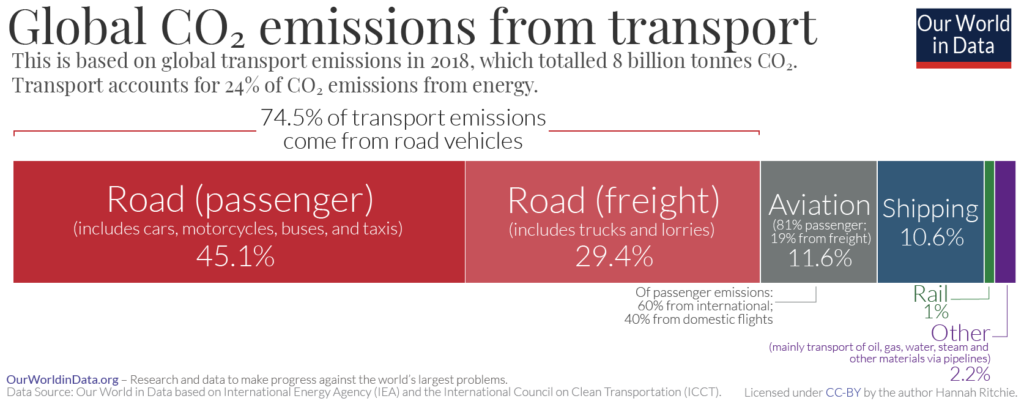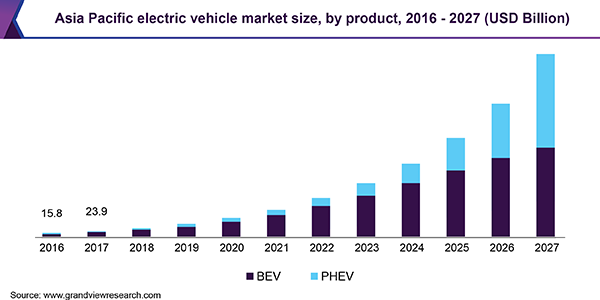The End of Internal Combustion Engine at COP26: The Glasgow Accord
Source: RccDB Cars
12 November 2021 – by Eric Koons Comments (0)
Amongst the positive outcomes at COP26, The Glasgow Accord on Zero Emissions Vehicles (ZEVs) is momentous. Signed by 34 countries, 41 subnational governments, 11 auto manufacturers and 28 fleet vehicle owners, the accord cements a wave of support to expedite the phasing out of internal combustion engine (ICE) vehicles. In some key markets, ICEs won’t exist by 2025.
Transportation represents over 20% of CO2 emissions, which props a significant hurdle in keeping global warming under 1.5oC. The adoption of ZEVs presents a valuable pathway to slash emissions substantially. If powered by renewable energy, ZEVs would displace up to 80% of transport’s CO2 emissions, with a further 50% of their lifecycle emissions following suit.

Uniting Governments and Car Manufacturers
While governments and private businesses previously announced individual goals, the Glasgow Accord is the first major resolution. It unites governments, automakers and major fleets under a single banner. It achieves this by providing each category with a specialised target working towards a combined outcome – the adoption of ZEVs. The accords ambitious aims are to see ZEVs completely take over the car market by 2040 or earlier.
Major Signatories of The Glasgow Accord
Signatories of the accord include the expected leaders, like the Netherlands and Sweden, and some new developing countries.
India, in particular, was one of the early signatories and pushed an even more determined target, which would see two-thirds of new vehicles be electric by 2030. With India’s rising middle-class and private vehicle ownership set to soar, its eagerness makes it a role model for Asia.
Standing with governments are six of the globe’s leading car manufacturers, including Ford, General Motors and Mercedes-Benz, followed by fleet users like Uber, Unilever and SK Networks.
Green Transportation Trends in Asia – A Wave of Electric Charging Stations
Read moreWhere Does Asia Stand on Zero Emission Vehicles (ZEVs) and Electric Cars?
The Glasgow Accord is a significant step toward decarbonising transport, zero emission cars and electric vehicles. However, major players in Asia are puzzlingly absent. This is no minor issue.
Notably, China and Japan, the first and third largest auto markets globally, did not sign the accords. However, both countries have already been building on their independent commitments. China is already targeting zero emission vehicles to make up 50% of its market by 2035, with Japan to stop selling ICE vehicles by mid-2030. The end of internal combustion engine at COP26 would be a great step toward reducing carbon emissions and global greenhouse gas emissions.
Car Industry, ZEVs and Electric Vehicles
Despite some countries not signing the Glasgow Accord, its power rests in auto manufacturers’ power over markets. The manufacturing signatories enhance the accessibility of ZEVs and electric cars in all markets. This will naturally lead to an uptake in countries regardless of them signing on or not. Fortunately, too, as market share increases, production efficiency will, in theory, improve and decrease costs, further spurring zero emission cars as the first choice for consumers and fossil fuel vehicles such as diesel cars the second.

Impacts From COP26 Will Be Felt Across Asia
For Asian consumers, falling ZEV costs will align with the region’s growing vehicle demand. This means increased zero emission cars and vans adoption for Asian countries. Their governments can then work on phasing out internal combustion engine vehicles in line with the rest of the world.
For Asian auto manufacturers, this forces upon them that they either adopt zero emission cars or fail. This does not bode well for Japanese giant Toyota, which continues to push back against the phasing out of ICE vehicles.
The Glasgow Accord on Zero Emissions Vehicles is a significant global move towards an electrified transportation system. Worldwide, the cascade of effects and surmounting pressure to remove ICE vehicles will be felt for many years. The Accord is timely for Asia; with mobility demand set to skyrocket across Asia, carbon emissions are expected to shoot up with it. That is unless ZEVs can stop them from doing so in the first place.
by Eric Koons
Eric is a passionate environmental advocate that believes renewable energy is a key piece in meeting the world’s growing energy demands. He received an environmental science degree from the University of California and has worked to promote environmentally and socially sustainable practices since. Eric’s expertise extends across the environmental field, yet he maintains a strong focus on renewable energy. His work has been featured by leading environmental organizations, such as World Resources Institute and Hitachi ABB Power Grids.
Read more